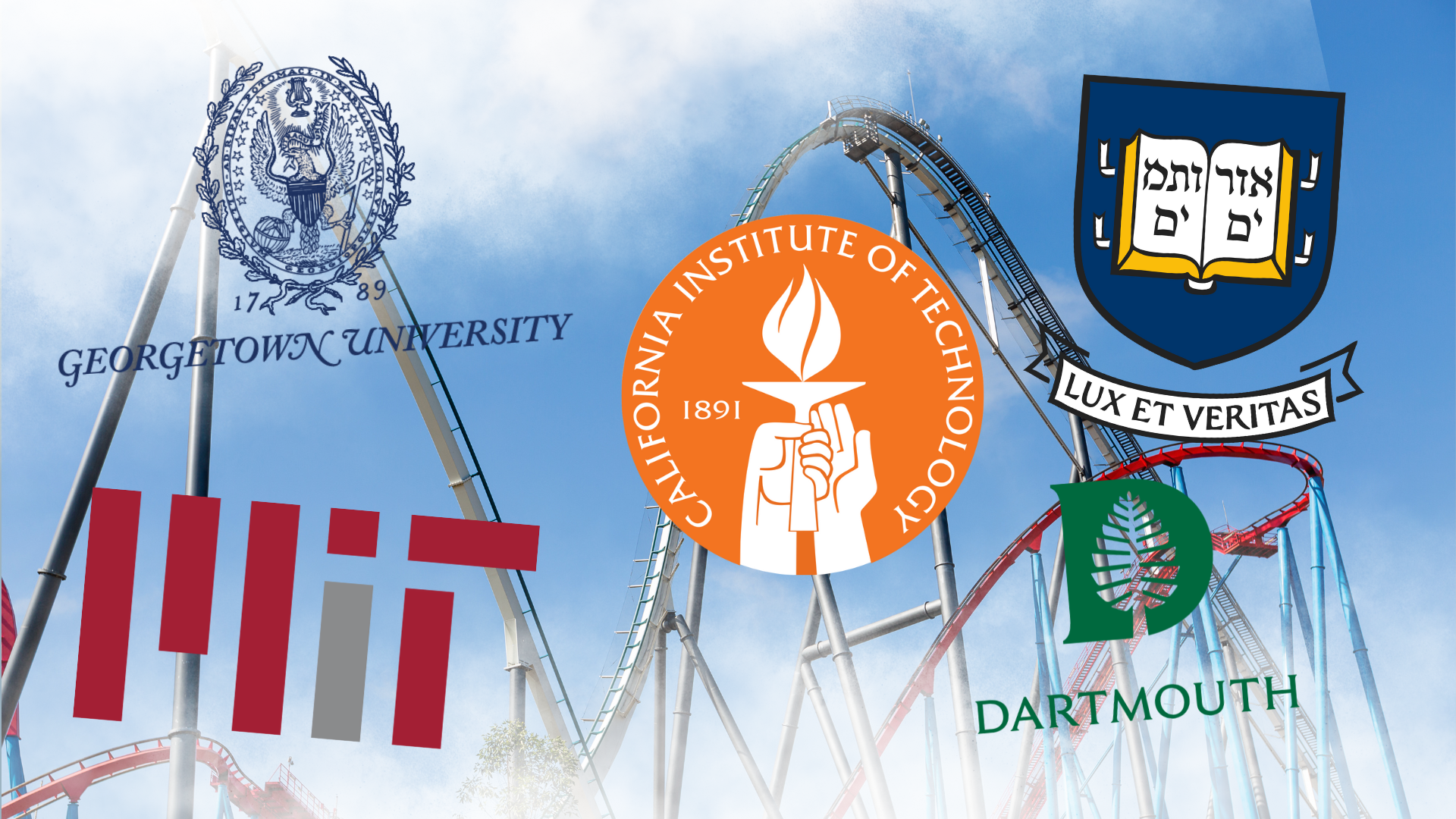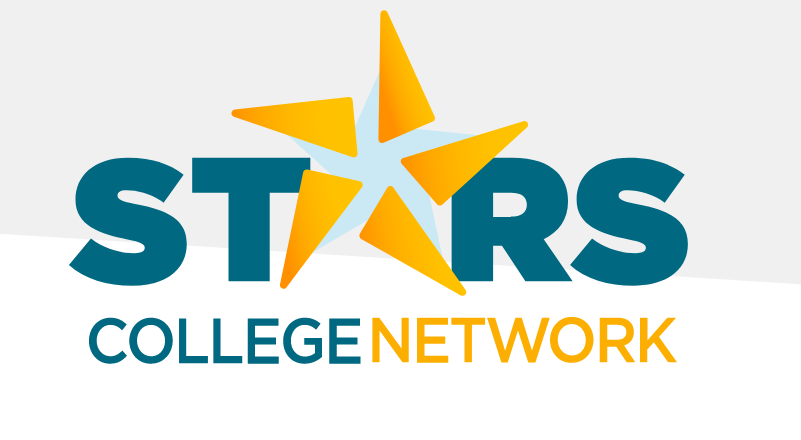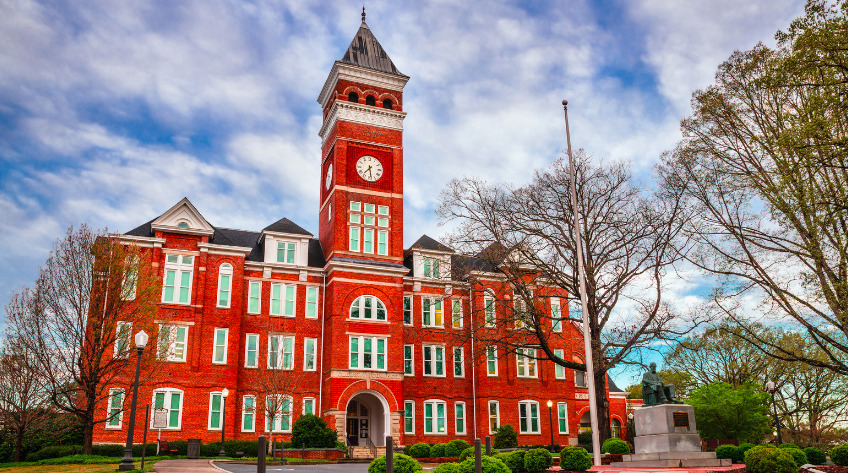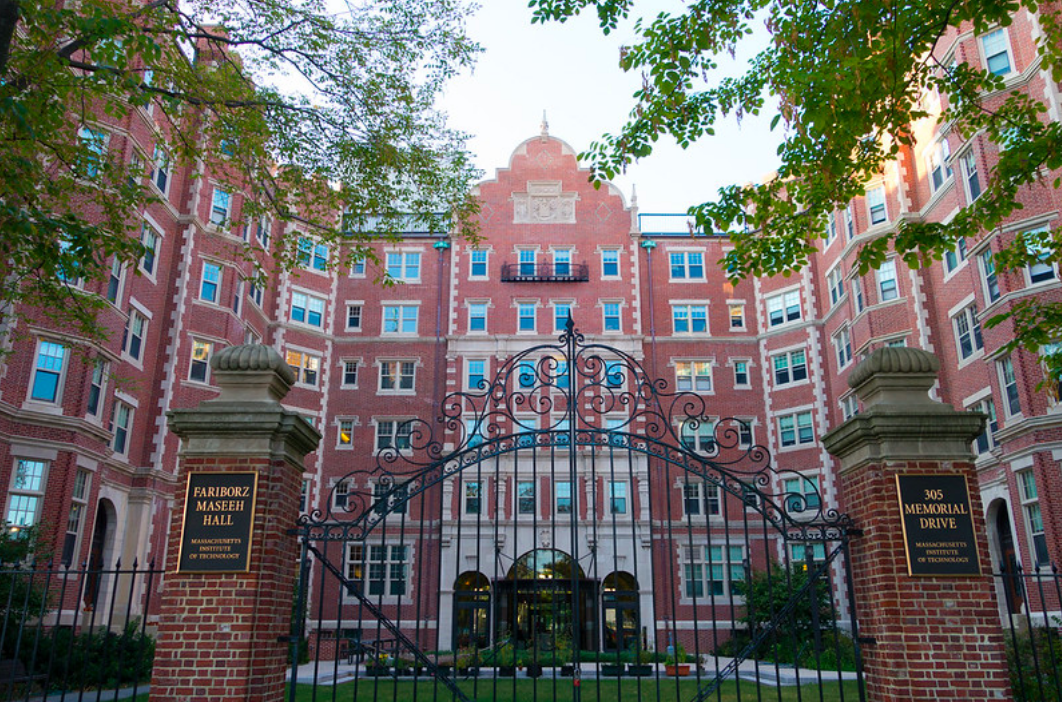 The 2025-2026 college admissions process is almost upon us. This means it’s an important time for members of the high school Class of 2026 – especially those who want to run the gauntlet this admissions cycle – to be aware of the the five colleges with the most grueling standardized test requirements for first-year admission.
The 2025-2026 college admissions process is almost upon us. This means it’s an important time for members of the high school Class of 2026 – especially those who want to run the gauntlet this admissions cycle – to be aware of the the five colleges with the most grueling standardized test requirements for first-year admission.
My selection is based on institutions with rigorous and in-demand STEM or academic programs, mandatory test submission policies, and high score thresholds. I’ve prioritized schools with explicit requirements for SAT/ACT scores (and in one case AP/IB exam scores) with high benchmarks for scores earned on these tests.
1. California Institute of Technology (Caltech)
Standardized Test Expectations: SAT/ACT required for Fall 2025 entry. No minimum score, but admitted students typically score in the top 1% nationally (SAT: 1580+ median, ACT: 35-36). Caltech superscores SAT but not ACT, considering the highest section scores across test dates.
AP/IB Scores: Students who’ve taken AP or IB exams are asked to submit all scores by the application deadline (November 1 for Restrictive Early Action, January 3 for Regular Decision). Note that a score of 5 on AP Calculus AB/BC, AP Chemistry, AP Physics 1/2/C, or 6/7 on IB Higher Level (HL) Math, Chemistry, or Physics can also substitute for missing high school courses, with documentation of unresolvable issues (ex: course unavailability at your high school). This implies high scores are expected for competitiveness. Why Grueling: Caltech’s low acceptance rate (3.1% for Class of 2027) and STEM focus demand near-perfect scores. The expectation to submit all AP/IB scores for those who’ve taken them, combined with the need for 5s (AP) or 6/7s (IB) for course substitutions, sets a high bar. Learn more about Caltech’s switch from test-blind to test-required on steroids in my video here:
2. Massachusetts Institute of Technology (MIT)
Standardized Test Expectations: SAT/ACT required for 2025-2026. Admitted students typically score SAT 1540-1600 or ACT 35-36 (top 1%). MIT superscores both tests, taking the highest section scores across all test dates.
AP/IB Scores: Students are encouraged to self-report all AP and IB scores on the application. While not strictly required, MIT’s 2025 policy states students “should” report these scores, implying a strong expectation, especially for STEM subjects like AP Calculus BC, AP Physics C, or IB HL Math/Sciences, where scores of 5 (AP) or 6/7 (IB) are typical for admitted students.
Why Grueling: MIT’s 4.1% acceptance rate and emphasis on STEM excellence demand near-perfect standardized test scores. The expectation to report all AP/IB scores, combined with the need for high scores in advanced STEM subjects, makes the testing requirements intense. The focus on integrating IB Extended Essays or AP coursework with STEM extracurriculars adds pressure.
3. Yale University
Standardized Test Expectations: Yale’s “test-flexible” policy for 2025 requires an SAT, ACT, AP, or IB score. Students with AP-designated courses are recommended to submit corresponding AP scores (even if using SAT/ACT), and those opting for AP/IB scores alone must submit all exam scores taken. Admitted students typically score SAT 1500-1580, ACT 33-35, or AP 5s/IB HL 6-7s in multiple subjects.
Why Grueling: Yale’s policy shift to require some standardized test score (including AP/IB as alternatives) and the expectation to submit all AP/IB scores for relevant courses create a high bar. The need for multiple 5s (AP) or 6/7s (IB) in rigorous subjects (e.g., math, sciences, humanities) alongside a 3.7% acceptance rate makes this quite demanding.
4. Georgetown University
Standardized Test Expectations: SAT/ACT required for 2025-2026. Admitted students typically score SAT 1410-1550 or ACT 32-35. Georgetown does not superscore but reviews all test attempts, expecting consistently high performance.
AP/IB Scores: Students in AP curricula are as of now “encouraged” to submit AP scores to supplement their application, implying an expectation for those who’ve taken AP exams, especially in core subjects like math, sciences, or history. Scores of 4-5 are competitive, with 5s preferred for selective programs like the Walsh School of Foreign Service.
Why Grueling: Georgetown’s 12.3% acceptance rate (higher than others but still selective) and requirement to submit all SAT/ACT attempts, combined with the expectation of AP scores for those in AP courses, demand strong performance across multiple tests. The focus on holistic review with high scores in relevant subjects (e.g., AP Economics for international economics) adds rigor.
5. Dartmouth College
Standardized Test Expectations: SAT/ACT required for 2025-2026. Admitted students typically score SAT 1500-1580 or ACT 33-35. Dartmouth superscores both tests, considering the highest section scores.
AP/IB Scores: Students with AP scores are “strongly encouraged” to submit them via the Common App’s Tests section, implying an expectation for those who’ve taken AP exams. Competitive scores are 5s (AP) or 6/7s (IB HL), particularly in subjects like math, sciences, or humanities, aligning with Dartmouth’s academic rigor.
Why Grueling: Dartmouth’s 6.2% acceptance rate and reinstated SAT/ACT requirement, combined with the strong encouragement to submit AP/IB scores, create a high expectation for multiple near-perfect scores. The emphasis on rigorous coursework (e.g., AP Calculus, AP Physics) and high test performance makes this challenging.
Why These Colleges?
These institutions were selected for their:
Mandatory Test Policies: All require SAT/ACT or, in Yale’s case, allow AP/IB as alternatives, with Caltech, MIT, Yale, and Dartmouth explicitly encouraging or requiring AP/IB score submission for those who’ve taken them.
High Score Expectations: Admitted students consistently score in the top 1-5% (SAT 1500+, ACT 33+, AP 5, IB 6/7), reflecting intense academic standards.
STEM/Academic Rigor: Caltech and MIT focus on STEM, requiring high AP/IB scores in math and sciences; Yale, Georgetown, and Dartmouth demand excellence across disciplines, relevant for programs like international economics.
Low Acceptance Rates: Ranging from 3.1% (Caltech) to 12.3% (Georgetown), these schools are highly selective, amplifying the importance of top scores.
Final Notes
Caltech’s Unique Policy: Caltech stands out for its explicit requirement to submit all AP/IB scores for those who’ve taken them, with a clear benchmark (AP 5, IB 6/7) for course substitutions, making its expectations particularly grueling.
Trend Toward AP/IB: Since the College Board discontinued SAT Subject Tests in 2021, top colleges have shifted to valuing AP/IB scores more heavily, especially for STEM or specialized programs.
Holistic Context: High scores alone aren’t enough; these schools expect strong GPAs (4.0-4.2 weighted), rigorous coursework, and extracurriculars, but test scores are a critical filter.



 Boston University admissions officers are just about as busy this year as they were last year after receiving 80,484 applications during the 2022-2023 admissions cycle. During the 2021-2022 admissions cycle BU received a record-breaking 80,797 applications from prospective first-year students.
Boston University admissions officers are just about as busy this year as they were last year after receiving 80,484 applications during the 2022-2023 admissions cycle. During the 2021-2022 admissions cycle BU received a record-breaking 80,797 applications from prospective first-year students.

 MIT has made the decision to no longer consider the SAT Subject Tests as part of the admissions process. You can find MIT’s full revised testing requirements
MIT has made the decision to no longer consider the SAT Subject Tests as part of the admissions process. You can find MIT’s full revised testing requirements 